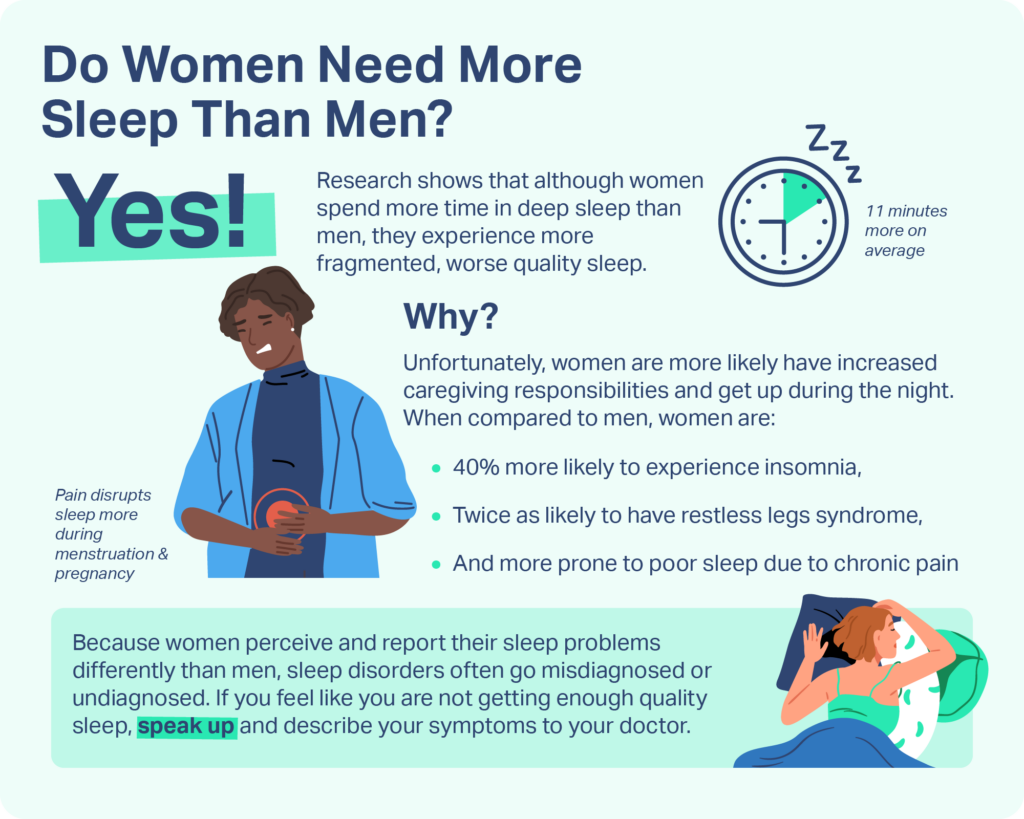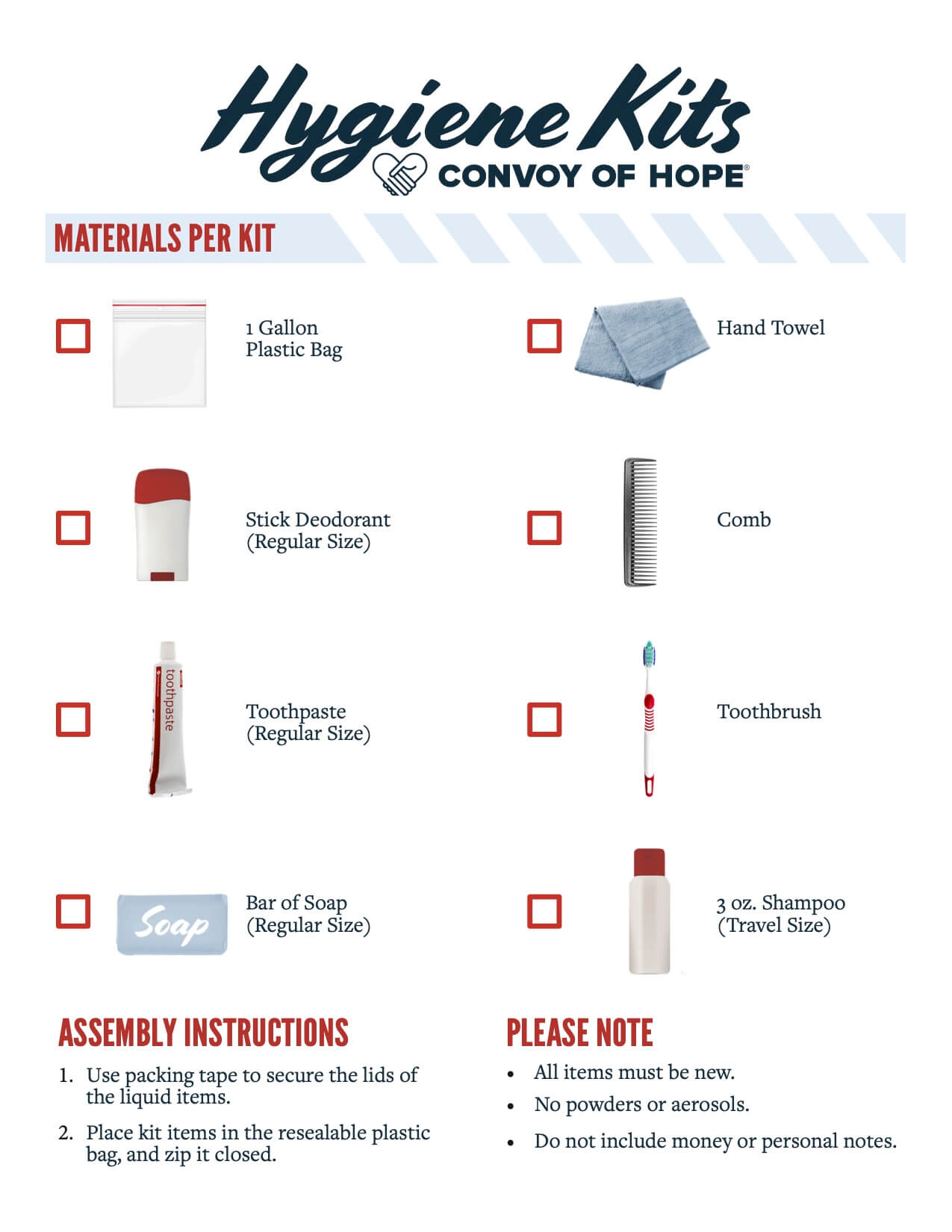Intimate hygiene is crucial for both men and women. It helps maintain health and comfort.
Understanding intimate hygiene is essential for everyone. Good hygiene practices prevent infections, odors, and discomfort. Both men and women need to know the basics to stay healthy. This guide will cover important tips and information. It will help you understand why intimate hygiene matters and how to practice it daily.
By learning these habits, you can improve your well-being and confidence. Proper intimate care is simple and effective. Let's explore the key aspects of intimate hygiene for both men and women.

Credit: www.sleepfoundation.org
Importance Of Intimate Hygiene
Intimate hygiene is crucial for both men and women. It impacts overall health and confidence. Many often neglect this part of personal care. But taking care of intimate areas prevents discomfort and diseases.
Health Benefits
Good intimate hygiene leads to better health. It reduces the risk of infections and diseases. Regular cleaning keeps harmful bacteria away. This helps in maintaining a healthy balance of natural flora. Proper hygiene also prevents bad odors. It makes you feel fresh and comfortable.
Preventing Infections
Maintaining intimate hygiene is vital to prevent infections. Daily washing with mild soap and water is essential. Wearing clean and breathable underwear also helps. Avoiding harsh chemicals and scented products can protect sensitive areas. Staying dry is crucial to avoid fungal growth. Good hygiene habits can save you from discomfort and serious health issues.
Daily Intimate Care Routine
Maintaining daily intimate hygiene is essential for both men and women. It ensures comfort, prevents infections, and promotes overall health. A proper routine involves choosing the right products and using the correct washing techniques. This helps keep intimate areas clean and fresh.
Choosing The Right Products
Selecting suitable products is a crucial step in intimate hygiene. Opt for gentle, unscented soaps or cleansers. They should be free of harsh chemicals and fragrances. These can cause irritation or disrupt the natural pH balance. For women, products with a balanced pH level are essential. For men, mild cleansers help maintain skin health. Always read labels and choose reputable brands.
Proper Washing Techniques
Using the right washing techniques is equally important. Use lukewarm water to wash intimate areas. Hot water can irritate sensitive skin. Gently wash the area without scrubbing. Rinse thoroughly to remove all soap residues. Pat dry with a soft, clean towel. Avoid using rough or dirty towels.
For women, avoid douching as it can disturb the natural flora. For men, ensure to clean under the foreskin if uncircumcised. This prevents the buildup of smegma and reduces the risk of infection. Regular washing maintains hygiene and prevents odor.
Common Mistakes To Avoid
Maintaining intimate hygiene is crucial for overall health. But, many make common mistakes that can do more harm than good. Avoiding these errors ensures better intimate health for both men and women.
Over-cleansing
One of the most common mistakes is over-cleansing. Cleaning the intimate area too often can disrupt the natural balance. This may lead to dryness and irritation. The intimate area has its own natural defenses. Over-washing can strip away these protective barriers.
Stick to a routine. Cleanse the intimate area once a day. Use mild water and gentle movements. Avoid scrubbing too hard. This helps maintain the natural pH balance.
Using Harsh Products
Another mistake is using harsh products. Many think strong soaps and cleansers are better. But these can cause harm. Harsh chemicals can irritate the delicate skin of the intimate area. This can lead to discomfort and infections.
Choose products specifically designed for intimate hygiene. Look for labels that say "mild" or "gentle." Avoid products with strong fragrances or alcohol. These can disrupt the natural flora and cause irritation. Always read the ingredients before using any product on sensitive areas.
| Common Mistake | Result |
|---|---|
| Over-Cleansing | Dryness, irritation, disruption of natural balance |
| Using Harsh Products | Skin irritation, discomfort, increased risk of infections |
By avoiding these common mistakes, you can ensure better intimate health. Use gentle products and stick to a simple routine. Your intimate area will thank you.
Intimate Hygiene For Women
Intimate hygiene for women is crucial. It ensures overall health and well-being. Proper hygiene helps prevent infections and discomfort. Many women may not know the best practices. This section provides valuable tips and advice.
Menstrual Hygiene
Menstrual hygiene is essential. Always use clean sanitary products. Change pads or tampons every 4-6 hours. This prevents bacterial growth. Avoid using scented products. They can cause irritation. Wash your hands before and after changing products.
During your period, take regular showers. Use mild soap and water. Focus on external cleansing. Avoid douching. It disrupts the natural balance. Maintain a healthy diet and stay hydrated. It helps manage menstrual symptoms.
Preventing Vaginal Infections
Preventing vaginal infections is important. Wear breathable cotton underwear. It reduces moisture and allows airflow. Avoid tight-fitting clothes. They can cause friction and irritation. Change out of wet clothes quickly. Moisture promotes bacterial growth.
Practice good bathroom hygiene. Wipe from front to back. It prevents bacteria transfer. Use mild, unscented soap for cleaning. Avoid using strong soaps or douches. They disrupt the natural pH balance. Stay hydrated and maintain a balanced diet. It supports overall vaginal health.
Intimate Hygiene For Men
Intimate hygiene for men is often overlooked. It is a crucial part of overall health. Proper care of the genital area helps prevent infections. It also boosts confidence and comfort. Let's dive into the essentials of intimate hygiene for men.
Caring For Genital Area
Regular cleaning is vital. Use mild soap and warm water. Avoid harsh soaps as they can irritate the skin. Gently wash the penis, testicles, and surrounding area. Pat the area dry with a clean towel. Moisture can cause bacteria to grow.
Wear clean underwear every day. Cotton is the best choice. It allows the skin to breathe. Tight clothing can cause chafing and discomfort. Loose-fitting clothes are more comfortable.
Preventing Common Issues
Fungal infections are common. To prevent them, keep the area dry. Avoid damp clothes and sweaty conditions for long periods. Use antifungal powders if necessary.
Another common issue is irritation. This can come from shaving or using harsh products. Use a clean, sharp razor and shaving gel. Shave in the direction of hair growth. After shaving, moisturize the area to prevent dryness.
Regular check-ups with a doctor are important. Discuss any concerns about intimate hygiene. Early detection of problems can lead to better outcomes.
Natural Remedies
Maintaining intimate hygiene is crucial for overall health. While many commercial products promise cleanliness, natural remedies offer a gentler approach. These methods are often free from harsh chemicals and can be easily prepared at home.
Herbal Solutions
Herbs have been used for centuries for their medicinal properties. They are effective in promoting intimate hygiene for both men and women.
- Tea Tree Oil: Known for its antibacterial and antifungal properties. Dilute a few drops with water and use as a rinse.
- Aloe Vera: Soothes irritation and has moisturizing effects. Apply directly or mix with water for a gentle wash.
- Neem Leaves: Contains potent antibacterial properties. Boil neem leaves in water, cool, and use the liquid as a rinse.
Home-based Treatments
Simple ingredients from your kitchen can also help maintain intimate hygiene. These treatments are easy to prepare and use.
- Apple Cider Vinegar: Balances the pH level. Add a cup to your bath water and soak for 15 minutes.
- Yogurt: Contains probiotics that help maintain healthy bacteria levels. Apply plain yogurt directly to the area and rinse after 20 minutes.
- Baking Soda: Neutralizes odors and maintains pH balance. Mix a teaspoon in a glass of water and use as a rinse.
These natural remedies can effectively support intimate hygiene. They are gentle, safe, and easy to use.
When To See A Doctor
Intimate hygiene is crucial for both men and women. Maintaining it helps prevent infections and discomfort. Yet, sometimes issues arise that need professional attention. Knowing when to see a doctor is essential for your health and well-being.
Recognizing Symptoms
Understanding your body is key. Pay attention to any unusual symptoms. Common signs include itching, burning, or unusual discharge. These might indicate an infection or other health issue. Persistent odor or pain during urination also warrants concern.
Changes in skin color or texture in the intimate area should not be ignored. Notice any lumps, sores, or rashes? These could be symptoms of a more serious condition. Always monitor your body for these signs.
Seeking Professional Help
If you experience any of the mentioned symptoms, consult a healthcare provider. Early detection can prevent further complications. Your doctor can provide the right diagnosis and treatment.
Regular check-ups are important. Even if you feel fine, routine visits help catch issues early. Discuss any concerns with your doctor, no matter how minor they seem. Your health is worth it.

Credit: convoyofhope.org
Myths And Misconceptions
Intimate hygiene is crucial for both men and women. Yet, many myths and misconceptions surround this topic. These myths can lead to incorrect practices and even health issues. Let's debunk some of the most common myths and set the record straight with facts you should know.
Debunking Common Myths
Many people believe several myths about intimate hygiene. Here are a few:
- Myth: Only women need to worry about intimate hygiene.
- Fact: Both men and women need to practice good intimate hygiene.
Another common myth is that using soap is always safe. Regular soap can cause irritation and dryness.
- Myth: Regular soap is good for intimate areas.
- Fact: Use mild, unscented products for intimate hygiene.
Facts You Should Know
Proper intimate hygiene involves more than just washing with water. Here are some key facts:
- Clean daily: It is important to wash intimate areas every day.
- Wear breathable fabrics: Cotton underwear helps keep the area dry.
- Avoid douching: Douching can disrupt the natural balance.
Maintaining good intimate hygiene is essential. It prevents infections, rashes, and bad odor.
Here is a comparison table to clarify some common misconceptions:
| Myth | Fact |
|---|---|
| Only women need intimate hygiene. | Both men and women need it. |
| Regular soap is safe. | Use mild, unscented products. |
| Douching is beneficial. | Douching can cause imbalances. |

Credit: www.amazon.com
Frequently Asked Questions
What Is Intimate Hygiene?
Intimate hygiene refers to the practices that keep the genital area clean and healthy. It's essential for both men and women to prevent infections and maintain overall well-being.
How Often Should You Clean Intimate Areas?
It's recommended to clean intimate areas daily. Use mild, unscented soap and warm water to avoid irritation and maintain a healthy balance.
Can Intimate Hygiene Prevent Infections?
Yes, proper intimate hygiene can help prevent infections. Regular cleaning helps remove bacteria and reduces the risk of infections like UTIs and yeast infections.
Are Intimate Hygiene Products Safe?
Most intimate hygiene products are safe when used correctly. Choose products that are mild, unscented, and specifically designed for the genital area to avoid irritation.
Conclusion
Maintaining intimate hygiene is crucial for both men and women. It helps prevent infections and ensures comfort. Always use gentle, pH-balanced products. Stay dry and wear breathable fabrics. Regular washing is important, but avoid overdoing it. Pay attention to any changes in your intimate area.
If you notice anything unusual, consult a healthcare professional. Good hygiene boosts confidence and overall well-being. Prioritize your intimate health daily.




0 Comments